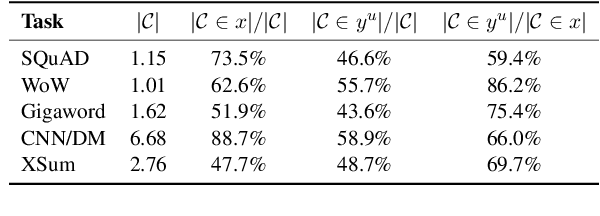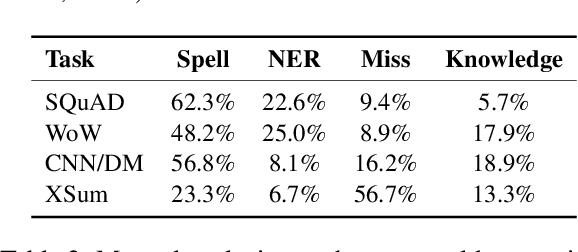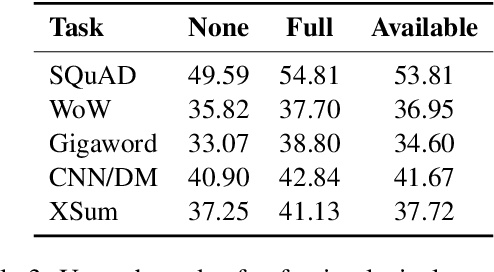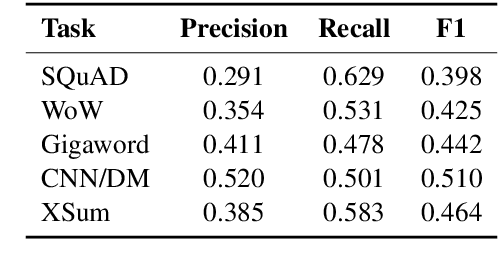Extract, Denoise, and Enforce: Evaluating and Predicting Lexical Constraints for Conditional Text Generation
Paper and Code
Apr 18, 2021



Recently, pre-trained language models (PLMs) have dominated conditional text generation tasks. Given the impressive performance and prevalence of the PLMs, it is seemingly natural to assume that they could figure out what to attend to in the input and what to include in the output via seq2seq learning without more guidance than the training input/output pairs. However, a rigorous study regarding the above assumption is still lacking. In this paper, we present a systematic analysis of conditional generation to study whether current PLMs are good enough for preserving important concepts in the input and to what extent explicitly guiding generation with lexical constraints is beneficial. We conduct extensive analytical experiments on a range of conditional generation tasks and try to answer in what scenarios guiding generation with lexical constraints works well and why. We then propose a framework for automatic constraint extraction, denoising, and enforcement that is shown to perform comparably or better than unconstrained generation. We hope that our findings could serve as a reference when determining whether it is appropriate and worthwhile to use explicit constraints for a specific task or dataset.\footnote{Our code is available at \url{https://github.com/morningmoni/LCGen-eval}.}
 Add to Chrome
Add to Chrome Add to Firefox
Add to Firefox Add to Edge
Add to Edge